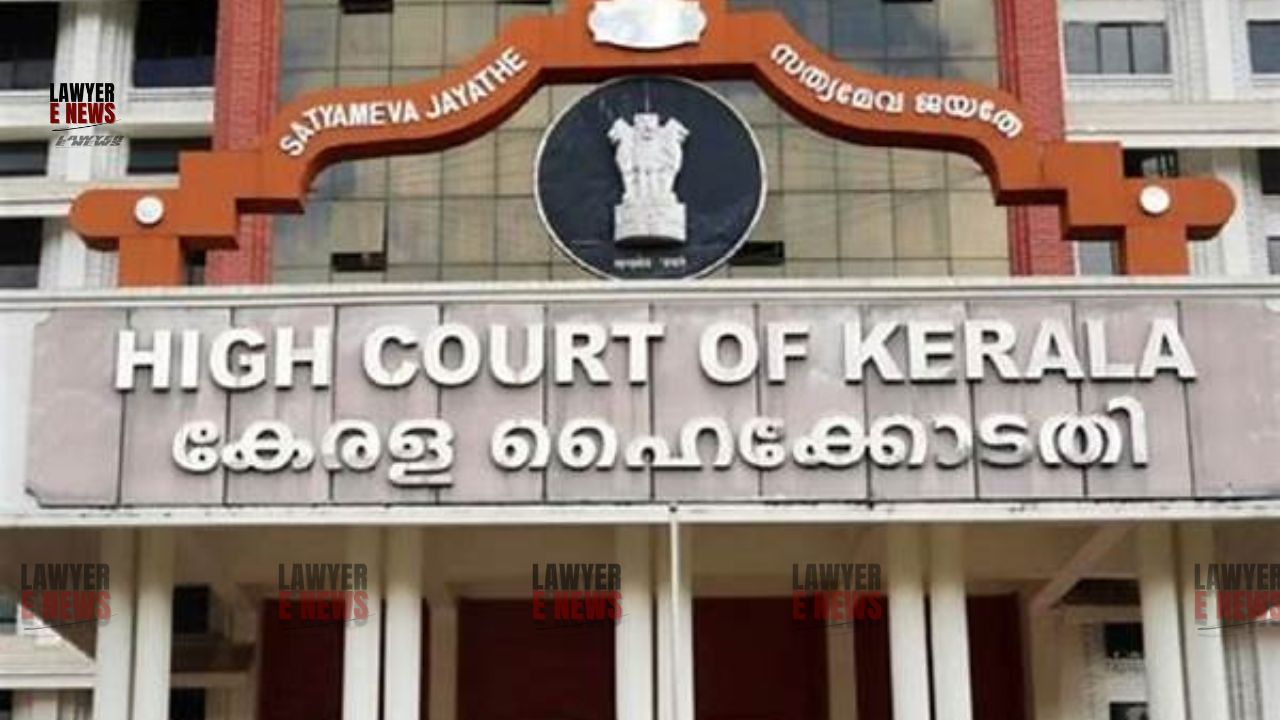-
by Admin
17 December 2025 4:09 PM



In a consolidated judgment Kerala High Court granted bail to Muhammed Naseer, the petitioner in a series of connected bail applications (Nos. 8146/2024, 8225/2024, 8226/2024, 8227/2024, 8235/2024, 8236/2024, 8244/2024, 9339/2024, 9344/2024, and 9347/2024). The petitioner, accused under Section 420 of the Indian Penal Code, faced allegations of fraudulent non-payment for cardamom purchases in multiple cases. The Court applied the principle of "bail is the rule, jail is the exception," granting relief under stringent conditions to ensure accountability.
The petitioner had been in custody since May 29, 2024, facing allegations of purchasing large quantities of cardamom without paying the victims, as outlined in multiple First Information Reports (FIRs). The prosecution contended that his release could impede the investigation and highlighted the involvement of numerous victims. However, Justice P.V. Kunhikrishnan observed that indefinite incarceration was unnecessary, emphasizing that the prosecution could proceed with investigations independently without interference from the petitioner.
Relying on jurisprudence from landmark Supreme Court judgments, including P. Chidambaram v. Directorate of Enforcement (2019) and Jalaluddin Khan v. Union of India (2024), the Court reaffirmed the principle that "bail is the rule and jail is the exception." The Court noted that constitutional safeguards under Article 21 demand careful scrutiny before denying bail, even in financial fraud cases. Justice Kunhikrishnan stressed that denial of bail without sufficient justification amounts to a violation of the right to liberty.
To ensure accountability and prevent misuse of liberty, the Court imposed stringent conditions on the petitioner’s release. The petitioner was directed to execute a bond for ₹50,000 with two solvent sureties for an equivalent amount. He was also prohibited from leaving the country without prior permission from the jurisdictional court. Regular appearances before the investigating officer were mandated to ensure cooperation, and the petitioner was instructed not to commit similar offenses during the bail period. The Court clarified that any violation of these conditions would lead to cancellation of bail by the jurisdictional courts.
Justice Kunhikrishnan, in his judgment, criticized the tendency of lower courts to err on the side of caution by denying bail, leading to excessive pendency of bail matters in higher courts. Quoting the Supreme Court’s observations in Manish Sisodia v. Directorate of Enforcement (2024), the Court highlighted that bail should not be withheld as a punitive measure. It emphasized that courts must balance the gravity of allegations with the rights of the accused to ensure a fair trial.
The judgment serves as a reminder of the judiciary’s role in upholding constitutional rights while safeguarding public interest. By applying the principle of "bail is the rule," the Kerala High Court reaffirmed the importance of judicial prudence in cases involving financial fraud.
Date of Decision: December 9, 2024
